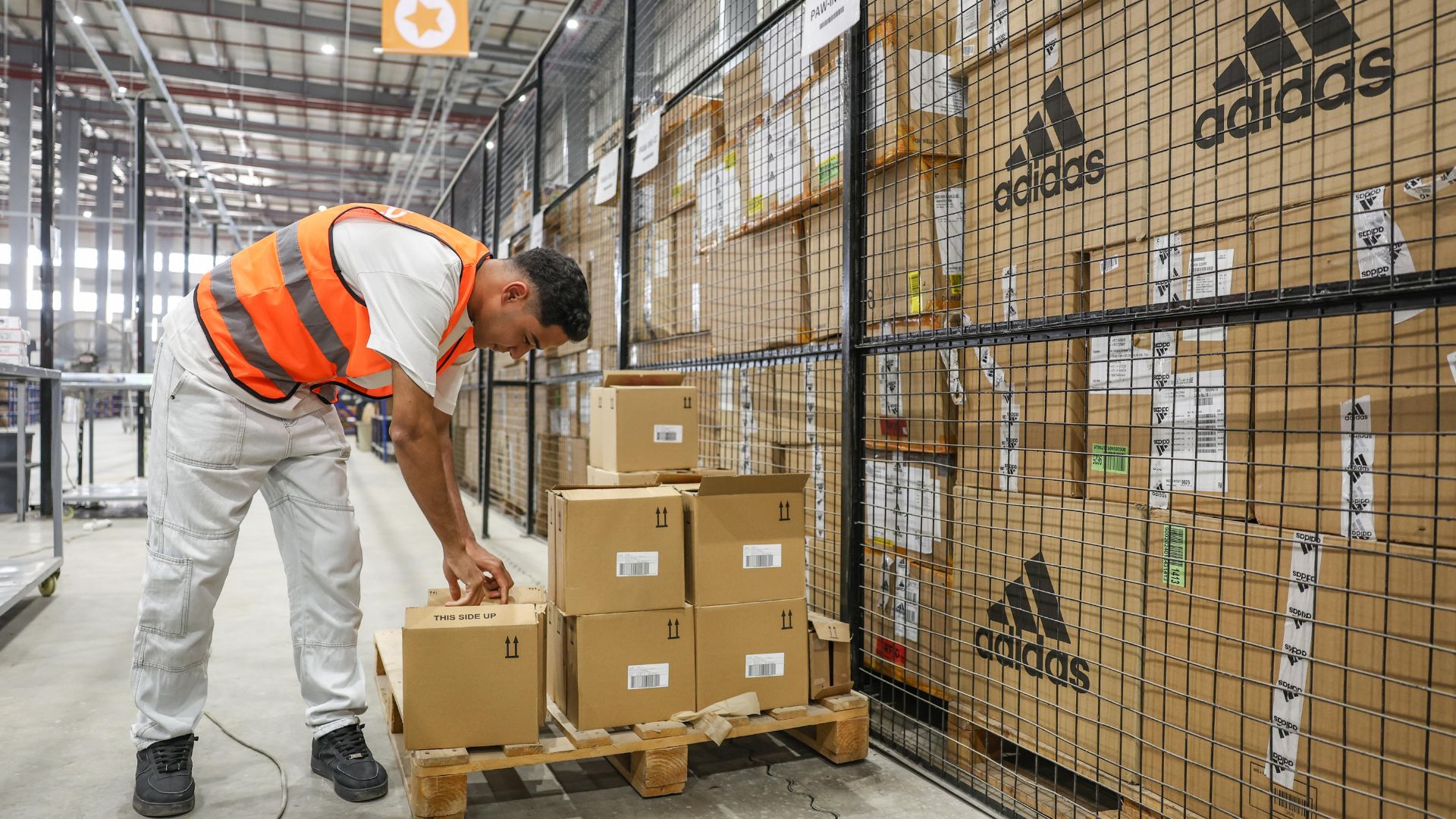News
Marketplace Briefing: China-based merchants are joining Jumia, Africa’s biggest online retailer, amid tariff pressure (Modern Retail)
June 15, 2025Company News

Chinese sellers are increasingly joining Jumia, Africa’s largest e-commerce platform, as rising U.S. tariffs push exporters to seek growth in new markets.
Jumia now counts about 12,000 international sellers, most of whom are based in China and collectively account for one-third of items sold on the platform. That segment is growing 60% year-over-year, according to JumiaCEO Francis Dufay. It’s a notable uptick the e-commerce company expects to continue as Chinese exporters look to diversify beyond the tariff-ridden U.S. market. In 2024, Jumia generated $167.5 million in revenue and had 5.4 million customers across Africa.
“Our Chinese vendor base is growing significantly, helping us address supply challenges in African markets,”Dufay told Modern Retail in an interview.
The shift underscores how quickly cross-border e-commerce is changing, driven in part by U.S.-China trade tensions over tariffs. On Wednesday, President Donald Trump said in a Truth Social post that a new U.S.-China trade deal is “done,” with tariffs for Chinese imports set to remain at 55%, down from a high of 145%, following negotiations in London.
Jumia, which operates across nine countries in Africa, including Nigeria, Kenya and Morocco, has made onboarding global sellers, particularly those based in China, a core pillar of its overall growth strategy sinceDufay assumed the CEO role about two years ago. The company is ramping up recruitment of Chinese merchants in anticipation that elevated tariffs in the U.S. on Chinese imports will push more international sellers to geographically diversify. While Africa is an emerging market for e-commerce — e-commerce is projected to account for 10% of retail sales in Africa’s largest economies in 2025 — Jumia’s pitch to sellers is thatAfrica’s growing consumer base is underserved, and they can help fill that gap.
“Chinese manufacturers have to find new markets,” Dufay said. “The growth of the U.S. market has been absolutely huge for them, but they cannot rely on the U.S. as much as they’ve done over the past couple of years.”
When it comes to recruiting international sellers, Jumia has a multi-pronged approach that combines financial incentives, operational support and market access. For example, Jumia offers free storage to vendors, allowing them to ship to new markets like Nigeria without upfront warehouse costs. This approach initially subsidizes sellers' entry into African markets. The company has also established a dedicated 70-person team in Shenzhen to provide account management, with the entire platform translated into Mandarin to eliminate language barriers.
Still, Jumia’s path is far from straightforward. The e-tailer’s “core battle” is solving its supply-side capabilities,Dufay said, with a particular focus on onboarding international merchants who can offer low-cost goods to budget-conscious African consumers. To that end, Chinese sellers have been crucial in helping Jumia expand product categories — particularly fashion, beauty, home goods and electronics — and build larger customer baskets.
But rivals like Temu and Shein have started selling into African markets using cross-border models that require no local infrastructure. Their advantages — low prices, aggressive marketing and seemingly endless inventory— are difficult to match.
“We are mostly constrained by supply, which is not the case for Temu or Amazon,” Dufay said. “Our customers make $200-$300 a month, and we need to be able to serve them with the right products and the right affordability."
Jumia’s increased focus on Chinese merchants comes as the e-commerce company navigates a broader turnaround effort. Last year, for instance, Jumia exited underperforming markets including South Africa andTunisia to sharpen its focus and cut costs, with the goal of bringing the company to profitability by 2027. The company is now targeting annual losses of $25 million to $30 million by 2027, with plans to grow usage 25%per year.
Despite the exits, Dufay said the company’s core customer base is continuing to grow. In the last quarter, orders on Jumia climbed 21%, while active customers increased 14%.
Africa’s growing appeal
For many Chinese exporters, platforms like Jumia offer a way to hedge against unpredictable U.S. trade policy,according to Kashif Zafar, CEO of e-commerce advertising firm Xnurta, which works with around 4,000Chinese exporters and sellers. To be sure, Chinese sellers aren’t giving up on the U.S. market, he said, but they're actively diversifying their markets to reduce dependency.
“Sellers know the policy can change fast,” Zafar said. “It’s no longer a Plan B — diversification is becoming a developed strategy to future-proof growth.”
Chinese e-commerce firms are placing more bets on international markets with high-growth potential. AsModern Retail previously reported, Temu and Shein have recently doubled down on their expansion efforts in Europe and are seeing tremendous sales growth as usage in the U.S. falls amid trade tension with China.
Africa, with its young population and growing internet penetration, is becoming harder for online sellers to ignore, Dufay said. Africa’s population, currently estimated at 800 million to 1 billion people, is expected to double by 2050, creating long-term demand for affordable goods.
Jumia’s ability to capitalize on its growing cohort of international sellers hinges in part on its ability to build trust and offer faster, more reliable delivery. Dufay said Jumia’s local warehouses and payment-on-delivery system remain differentiators in regions where consumers are wary of pre-paying online.
“There’s a pipeline and a flywheel from these [international seller] relationships,” Dufay said. “But we have to execute carefully — affordability and availability matter more than anything else here.”
Read the original article on ModernRetail
About Jumia
Jumia is a leading e-commerce platform in Africa. Our marketplace is supported by our proprietary logistics business, Jumia Logistics, and our digital payment and fintech platform, JumiaPay. Jumia Logistics enables the seamless delivery of millions of packages while JumiaPay facilitates online payments and the distribution of a broad range of digital and financial services.
Follow us on, Linkedin Jumia Group and X @Jumia_Group
For more information about Jumia:
Abdesslam Benzitouni
[email protected]



